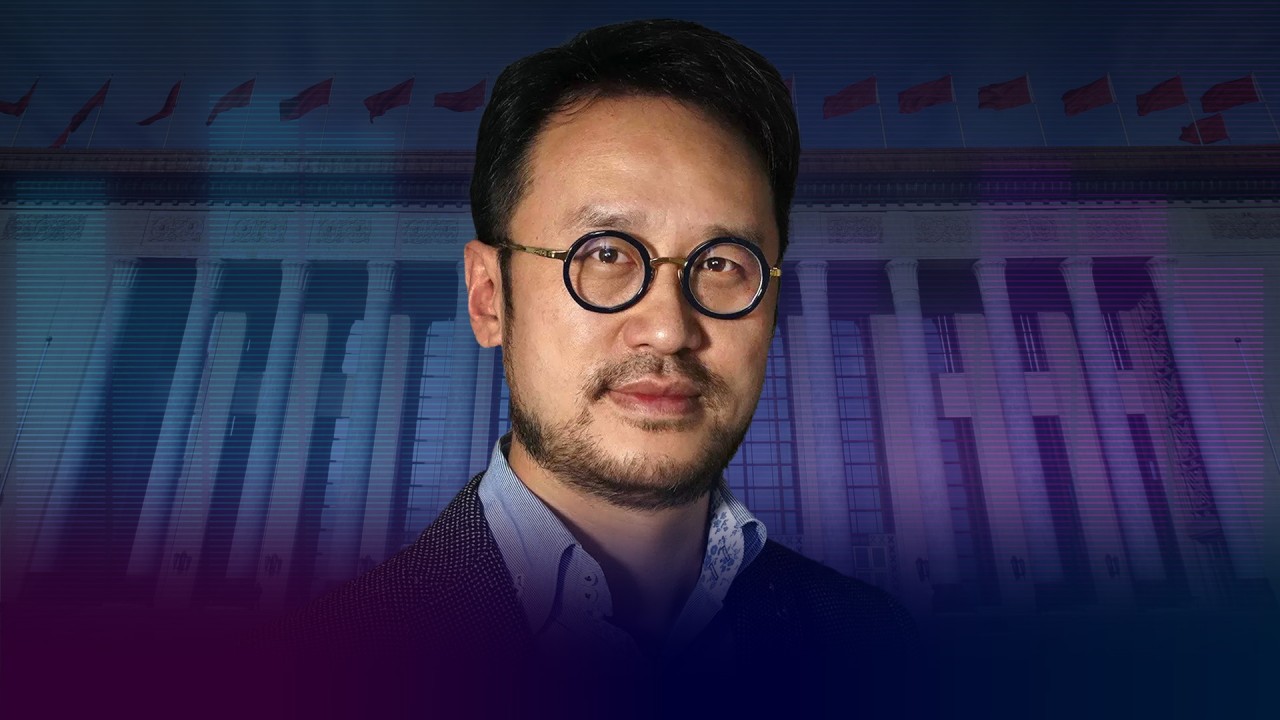
China’s Communist Party signals further delay to third plenum, a key economic session
- Politburo holds monthly meeting but makes no mention of when the party’s much-anticipated plenum will take place
- Xi Jinping underscores focus on growth with planned trip to Shanghai this week
The Politburo was expected to announce a date for the conclave – the third plenary session of the 20th Central Committee – when the leadership gathered for its monthly meeting on Monday but there was no mention of the plenum in the Politburo’s statement.
The meeting was held a day before Xi’s visit to Shanghai – his first to China’s commercial hub since 2020, according to several sources familiar with the matter.
He is expected to visit the Shanghai Futures Exchange and some technology companies in the city, according to several people familiar with the plan, who declined to be named to discuss a confidential itinerary.
The sources said Xi was scheduled to remain in Shanghai for three days, although the final plan could still change.
The next Politburo meeting is not expected until the end of December and the omission of any decision on a plenum date from Monday’s meeting indicates the session is not likely to take place this year. It will be the first time since 1984 that the party has not convened a third plenum in the year following the five-yearly party congress.
The plenums are usually a platform for Beijing to give clear signals on where the country is heading.
In the past, these plenums have usually yielded a blueprint with decisions and goals to be followed by a wide range of government agencies, with specific policies and timelines.
Observers were expecting the event this time to address some of the country’s economic woes, such as how to improve business confidence, transform the ailing property sector, and bolster tech innovation and self-reliance amid competition with the United States.
A senior political researcher from Beijing’s Tsinghua University said the delay could be a sign that more time was needed to prepare for the volumes of issues that would be discussed at the plenum.
“I think [Xi] sees no need to rush the plenum as it will be a major meeting making major decisions while China is facing major internal and external challenges. It will need more time,” the researcher said, declining to be named.
“The party has done a few rounds of consultations within the party already. But obviously, the top leaders think more time is required to work out the party’s consensus going forward as there are probably still different opinions on how to do it.”
Wang Xiangwei, associate professor of practice at Hong Kong Baptist University school of communication, said: “China’s current leader is firmly in power, so he has more room to decide the timing.”
“There are many major issues facing China this year, including the China-US disputes, an economic slowdown and a decline in foreign investment so the leadership may need more time to consider some longer-term issues,” said Wang, former editor-in-chief of the Post.
Wang added that “it looks increasingly likely that the third plenum will be held in the first quarter of next year”, ahead of the annual “two sessions”, the annual meetings of the National People’s Congress and the Chinese People’s Political Consultative Conference.
In the statement released after the meeting, state news agency Xinhua quoted the Politburo as saying the development of the Yangtze River Economic Belt would rest on a “high-quality ecological environment”.
The Politburo urged areas covered by the belt – eastern coastal regions such as Shanghai and Jiangsu province, as well as the western provinces of Yunnan and Guizhou – to cut carbon emissions and pollution while expanding green areas and economic growth.
The meeting also discussed a new regulation aimed at strengthening the party’s leadership’s grip in foreign affairs and pledged to make China’s foreign-related legal system “more complete”.
With a population of more than 25 million residents contributing nearly 4 per cent of China’s economic output, Shanghai is home to some of the biggest foreign investments in the country, including Tesla, General Motors and Walt Disney.
Xi’s visit also coincides with the tenth anniversary of the creation of the Shanghai Free-Trade Zone (FTZ), a testing ground for China’s economic reforms.
During his trip, Xi is expected to encourage city officials to pursue more market liberalisation to spur cross-border trade and capital flows via the mainland’s gateway city amid mounting worries about China’s decoupling from the West.
“Shanghai’s role as an economic locomotive will be further highlighted following the top leader’s visit,” said Ding Haifeng, a consultant at Shanghai financial advisory firm Integrity.
“Local government officials and corporate executives will have greater freedom to bolster business activity in the country’s commercial and financial hub.”
And five years ago, Xi used his trip to the first import expo to announce that a 120 sq km (46-square-mile) area in Lingang New City would be given free-trade zone status to attract global investors.
Tesla began delivering its Shanghai-made vehicles from its Lingang-based Gigafactory 3, the company’s largest production hub worldwide, in January 2020.


